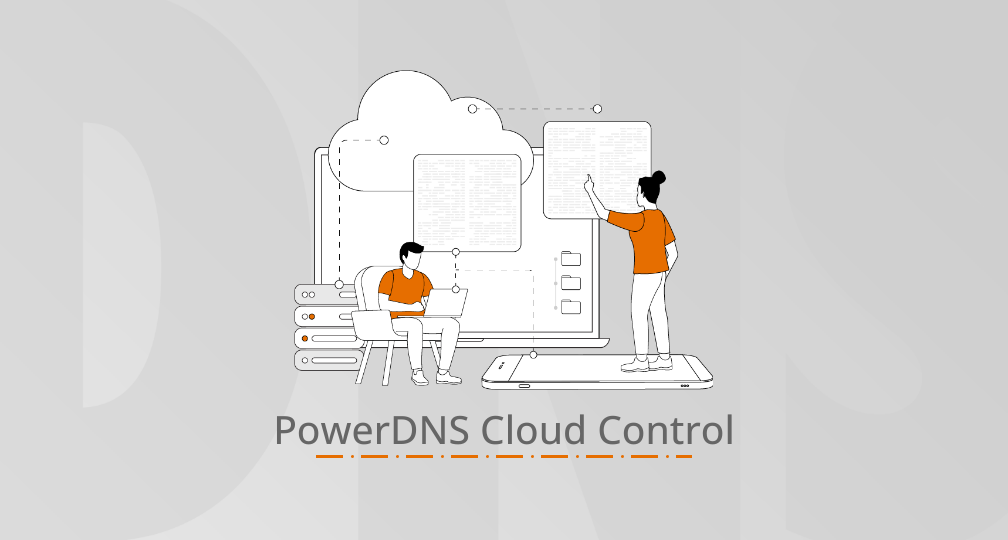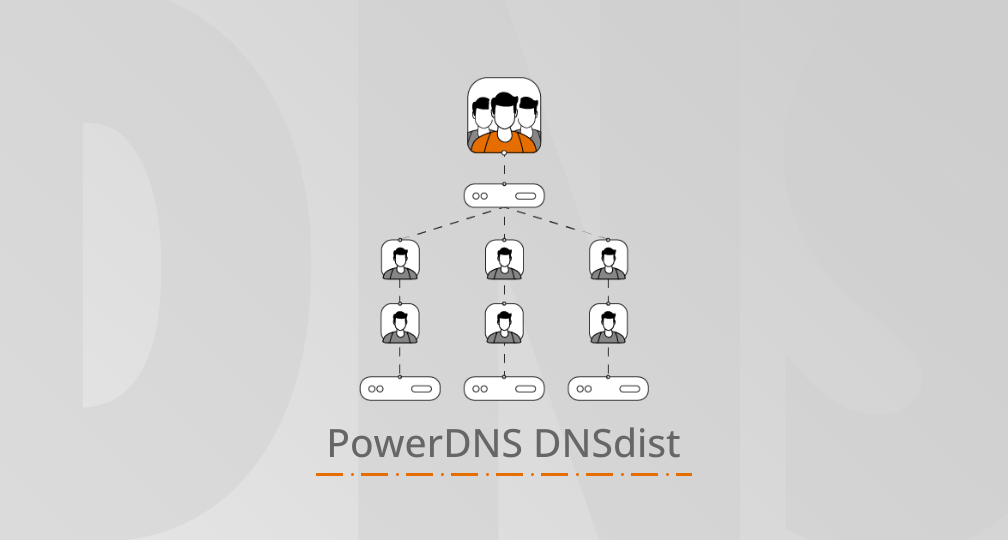Hi everybody,
This is a heads-up on some announcements you will be seeing on powerdns.com relating to new PowerDNS products which (gasp) are not fully Open Source. We know this is a sensitive subject, so before we go live, we want to inform you fully of what we are doing. We’d also like to hear & incorporate your feedback.
The tl;dr: PowerDNS will remain enthusiastically Open Source, but we will be selling a ready-to use ‘Platform’ of PowerDNS Open Source & other technologies, without degrading our current products. For details, please read on.
As you may know, PowerDNS sells support on the core nameserver technologies: PowerDNS Authoritative Server, PowerDNS Recursor and dnsdist. And this is going well, well enough to fund four full-time developers & engineers. This delivers a lot of value to the Open Source world.
Over the past few years, as part of our paid support, we have also been delivering custom PowerDNS configurations based on our open source products. Such configurations integrate with Graphite, Ansible, exabgp, bird, iptables and loads of other products to deliver features like parental control, configuration management, governmental/judicial blacklists, DoS protection of (legacy) nameservers, malware filtering, quarantining, NXDOMAIN redirection, “customer communications”, monitoring, user-experience graphing, audit trail of configuration changes, (management) reporting, webbased control, BGP/OSPF/VRRP failover, ‘production’ DNS64 etc etc.
What we have also found is that many of our users (big hosters, large scale telecommunications service providers) need more from us than “/usr/sbin/pdns_recursor”. Although PowerDNS can easily be integrated with lots of things to deliver powerful functionalities and many of our users still love open source, they would prefer to get it packaged in a more ready to use way.
Putting it more strongly: we have learned that many organizations simply no longer have the time or desire to assemble all the technologies themselves around our Open Source products.
We will therefore be marketing the additional functionalities we have been delivering to our customers as a product tentatively called the “PowerDNS Platform”. I say tentatively because we want to inform you of this news first, even before we have settled on a name and updated our website with the new product.
The “PowerDNS Platform” as we ship it consists of our core unmodified Open Source products, plus loads of other open source technologies, combined with a management shell that is not an Open Source product that we’ll in fact sell.
Now, we understand this may be worrying to some of you. Some formerly truly Open Source products like MySQL are going down a path where you can see their products turning into a sales pitch for the commercially licensed version.
We would therefore like to clarify that we regard our core Open Source products as our crown jewels, jewels which only shine because we are an integral part of the DNS and PowerDNS Communities with whom we work together to create great software. We will continue to make sure that our nameserver software is a viable and hopefully even the best choice for the Internet at large. And in fact, there will not be “two versions” of the PowerDNS nameserver software: of the actual daemons there will be just one version – also because we would otherwise not get the advantages of scale we get from over 150000 deployments!
Simultaneously, we hope that by bringing PowerDNS in a more integrated fashion will enable more companies to benefit from running Open Source & open standards based software. Because this is what deeply believe in – that the future of the world is open, and that software can simultaneously be good Open Source and also work well in a commercial environment.
Thank you for reading this to the end! We would like to hear your feedback and perhaps worries. Please contact me on bert.hubert@powerdns.com to let us know your thoughts and concerns.
Bert




